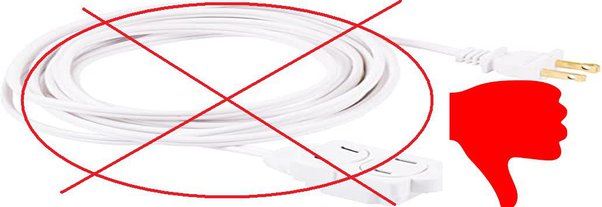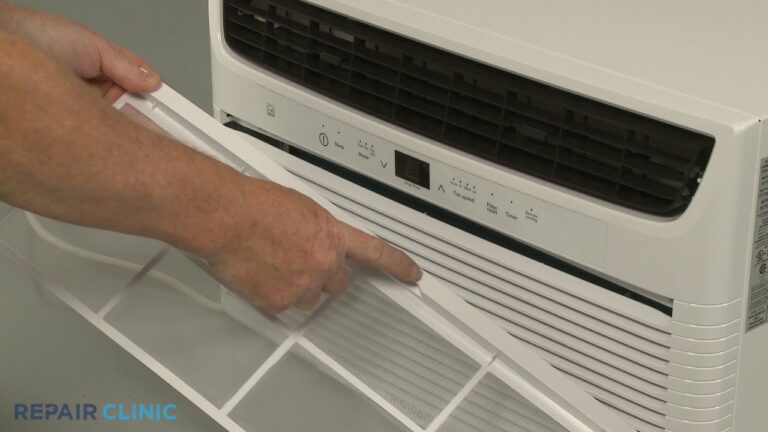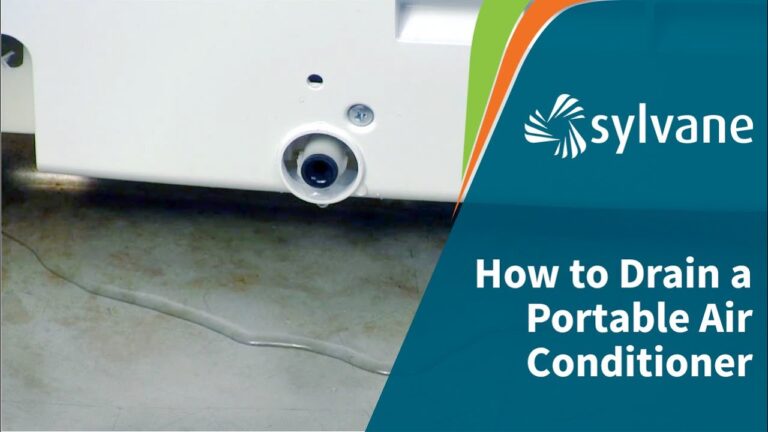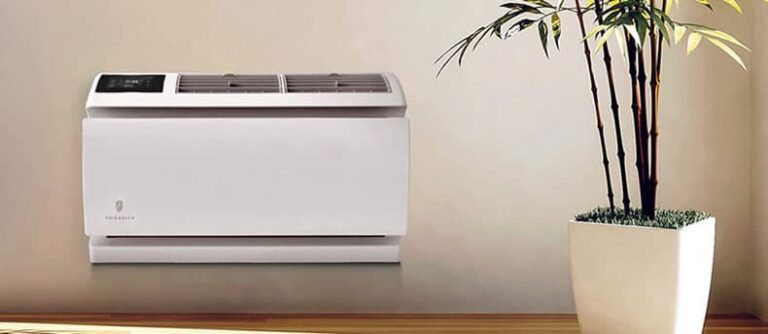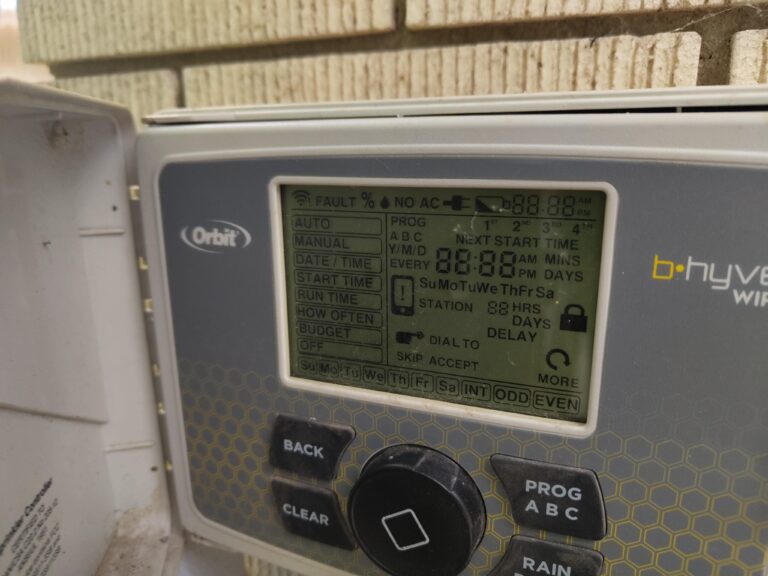Do I Need To Put Water In My Air Conditioner: Essential Guide
No, you don’t need to put water in a standard air conditioner. These units use refrigerant to cool the air.
Air conditioners are essential for maintaining comfort during hot weather. They work by removing heat from indoor air using refrigerants. This process involves cooling coils and fans that circulate cool air throughout your space. Regular maintenance is crucial to ensure your air conditioner operates efficiently.
Check filters, clean coils, and ensure proper airflow. Some units may have a built-in dehumidifier, which collects water in a tray that needs occasional emptying. Always refer to your air conditioner’s manual for specific maintenance instructions. Proper care extends the lifespan of your unit and keeps energy bills lower.
Introduction To Air Conditioners
Air conditioners have become an essential part of modern living. They provide comfort during hot weather. Understanding how they work is important. This helps you maintain them properly.
Brief History
Air conditioning technology started in the early 20th century. The first modern air conditioner was invented by Willis Carrier in 1902. It was designed to control the humidity in a printing plant. Over the years, air conditioners have evolved. They are now more efficient and accessible to households.
Types Of Air Conditioners
There are several types of air conditioners. Each type serves different needs.
- Window Air Conditioners: These are compact units installed in windows. They are suitable for single rooms.
- Split Air Conditioners: These have two main parts: an indoor unit and an outdoor unit. They are ideal for cooling multiple rooms.
- Portable Air Conditioners: These units can be moved from room to room. They are easy to install and flexible.
- Central Air Conditioners: These cool entire homes. They use a system of ducts to distribute air.
Choosing the right type depends on your needs. Consider the size of the space and your budget.
| Type | Features |
|---|---|
| Window Air Conditioners | Compact, Easy to Install |
| Split Air Conditioners | Efficient, Quiet |
| Portable Air Conditioners | Flexible, No Permanent Installation |
| Central Air Conditioners | Whole House Cooling, Higher Cost |
Understanding these types helps you make an informed choice. This ensures comfort and efficiency in your home.
Credit: www.reddit.com
How Air Conditioners Work
Many people wonder if they need to add water to their air conditioners. To answer this, it’s important to understand how air conditioners work. This knowledge will help you maintain your AC unit efficiently.
Basic Components
Air conditioners have several key components. These include the compressor, condenser, evaporator, and expansion valve. Each part plays a vital role in the cooling process.
- Compressor: Compresses the refrigerant gas, increasing its pressure and temperature.
- Condenser: Releases the heat absorbed by the refrigerant.
- Evaporator: Absorbs heat from indoor air, cooling it down.
- Expansion Valve: Regulates the flow of refrigerant into the evaporator.
Cooling Mechanism
The cooling process begins with the compressor. It compresses the refrigerant gas, turning it into a high-pressure, high-temperature gas. This gas moves to the condenser.
In the condenser, the gas releases its heat to the outside air. The gas cools down and turns into a liquid. This liquid then travels to the expansion valve.
The expansion valve reduces the pressure of the refrigerant, turning it into a low-pressure liquid. This cold liquid moves to the evaporator. In the evaporator, the refrigerant absorbs heat from the indoor air, cooling it. The cycle then repeats.
No water is needed in this process. Air conditioners use refrigerant, not water, to cool your home.
Role Of Water In Air Conditioners
Many people wonder if they need to add water to their air conditioners. The role of water in air conditioning systems varies. It depends on the type of unit you have. Understanding the differences helps in proper maintenance and efficient operation.
Traditional Units Vs. Modern Units
Traditional air conditioners use refrigerant to cool the air. These units do not require water to function. They rely on a closed system of coils and fans. The refrigerant absorbs heat from the indoor air. It then releases this heat outside.
Modern air conditioners have similar mechanisms. They also use refrigerants for cooling. Some advanced units use water for additional cooling. These are often hybrid systems. They can improve energy efficiency. But, they are less common in residential settings.
Evaporative Cooling Systems
Evaporative coolers, also known as swamp coolers, use water for cooling. They are different from traditional air conditioners. These units cool air by evaporating water. Hot air passes through water-soaked pads. The water evaporates, cooling the air.
Evaporative coolers are more common in dry climates. They add moisture to the air, making it more comfortable. You need to regularly add water to these systems. They use large amounts of water during hot days.
| Type of Unit | Water Requirement |
|---|---|
| Traditional Units | No |
| Modern Units | Maybe (Hybrid Systems) |
| Evaporative Cooling Systems | Yes |
Understanding the role of water in your air conditioner is crucial. It helps in maintaining your unit properly. It also ensures efficient cooling during hot days.
Pros And Cons Of Adding Water
Adding water to an air conditioner can offer several benefits, but it also has some drawbacks. Understanding these pros and cons helps you make an informed decision.
Efficiency Benefits
Adding water can enhance the cooling efficiency of your air conditioner. It helps the unit cool the air faster. This can lead to lower energy bills. The air conditioner doesn’t have to work as hard. Water can help the unit cool more evenly. This means fewer hot spots in your room.
Potential Drawbacks
While there are benefits, there are also potential drawbacks. Adding water can increase maintenance needs. You have to check the water level regularly. There is also a risk of leaks. Water can damage electronic parts of the air conditioner.
| Pros | Cons |
|---|---|
| Enhanced Cooling Efficiency | Increased Maintenance Needs |
| Lower Energy Bills | Risk of Leaks |
| Even Cooling | Potential Water Damage |
Maintenance Tips
Maintaining your air conditioner is essential for its efficiency and longevity. Proper care ensures it runs smoothly and keeps your home cool. Follow these maintenance tips to keep your unit in top shape.
Regular Cleaning
Cleaning your air conditioner is crucial. Dust and dirt can clog the filters and coils, reducing its efficiency.
- Clean the filters every month. Dirty filters block airflow.
- Check the coils. Clean them if they are dirty.
- Remove debris from the outdoor unit. Leaves and dirt can cause problems.
Regular cleaning helps the unit work better and saves energy.
Water Management
Water management is important for air conditioner maintenance. Some units need water, while others do not.
| Type of Unit | Water Requirement |
|---|---|
| Portable AC | Needs water for cooling |
| Window AC | Does not need extra water |
| Central AC | Does not need extra water |
Check your unit’s manual to know if it needs water.
Water management also includes checking for leaks. Leaking water can damage the unit and your home.
Ensure the drain line is clear. A clogged drain line can cause water backup.

Credit: www.angi.com
Common Myths
There are many myths about air conditioners and water usage. These myths can confuse homeowners. Let’s debunk some common misconceptions.
Water Usage Myths
Many people think air conditioners need water. This is not true. Modern air conditioners are self-contained systems. They do not require water to cool your home.
Some older units use water to cool. But most units today use refrigerants. These systems work without any added water.
| Myth | Reality |
|---|---|
| All air conditioners need water | Most modern units do not use water |
| Water cools the air | Refrigerants cool the air |
Efficiency Myths
Many believe adding water makes air conditioners work better. This is false. Air conditioners are designed to be efficient without extra water.
- Air conditioners do not need added water to be efficient.
- Adding water can damage the unit.
- Regular maintenance is key to efficiency.
Keep your air conditioner clean for best performance. Check filters and vents regularly. This ensures your unit runs smoothly.
Expert Opinions
Do you need to put water in your air conditioner? Many people wonder about this. To shed light on this topic, we gathered insights from experts. Here’s what HVAC technicians and consumers have to say.
Hvac Technicians
HVAC technicians have a wealth of knowledge about air conditioners. They agree that modern air conditioners do not need water. Most air conditioners use refrigerants to cool the air. Adding water can damage the system.
Here are some points from HVAC technicians:
- Modern Units: Modern air conditioners use closed systems. These systems do not require water.
- Efficiency: Adding water can reduce the efficiency of the unit.
- Maintenance: Water can cause rust and other issues inside the unit.
For older units, some may use water for cooling. Always check your unit’s manual. Consult a technician if unsure.
Consumer Experiences
Consumers have shared their experiences with air conditioners. Most modern units are hassle-free. They require no water. Users appreciate this convenience.
Here are some common consumer experiences:
- Ease of Use: Most units are plug-and-play. No water needed.
- Low Maintenance: Without water, maintenance is easier. Less rust and leaks.
- Energy Efficiency: Modern units are energy efficient. They save on electricity bills.
Some consumers have older models. These might need water. Always refer to the user manual. This ensures proper operation.

Credit: www.angi.com
Frequently Asked Questions
Do I Need To Add Water To An Air Conditioner?
No, you do not need to add water to a standard air conditioner. It uses refrigerant to cool air.
Can Air Conditioners Work Without Water?
Yes, air conditioners can work without water. They use refrigerants to cool the air, not water. Water is only needed in evaporative coolers.
Should You Water Down Your Air Conditioner?
No, you should not water down your air conditioner. It can cause damage and decrease efficiency. Regular maintenance is key.
Conclusion
Understanding your air conditioner’s needs is crucial for its efficiency. Most modern units don’t require water. Always check the manufacturer’s instructions. Regular maintenance ensures optimal performance. This simple step can enhance your comfort and extend the lifespan of your air conditioner.
Stay cool and enjoy a well-functioning system.


